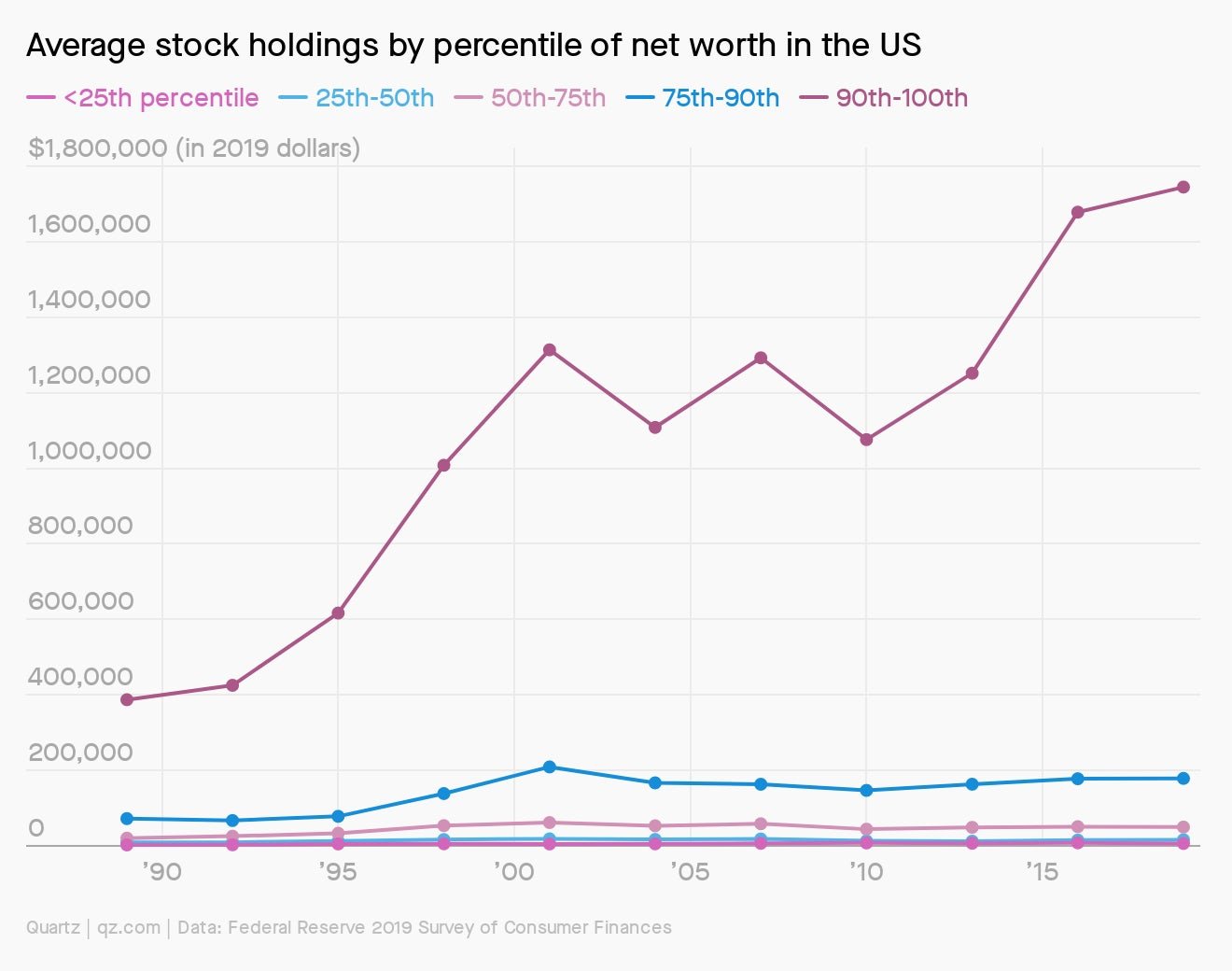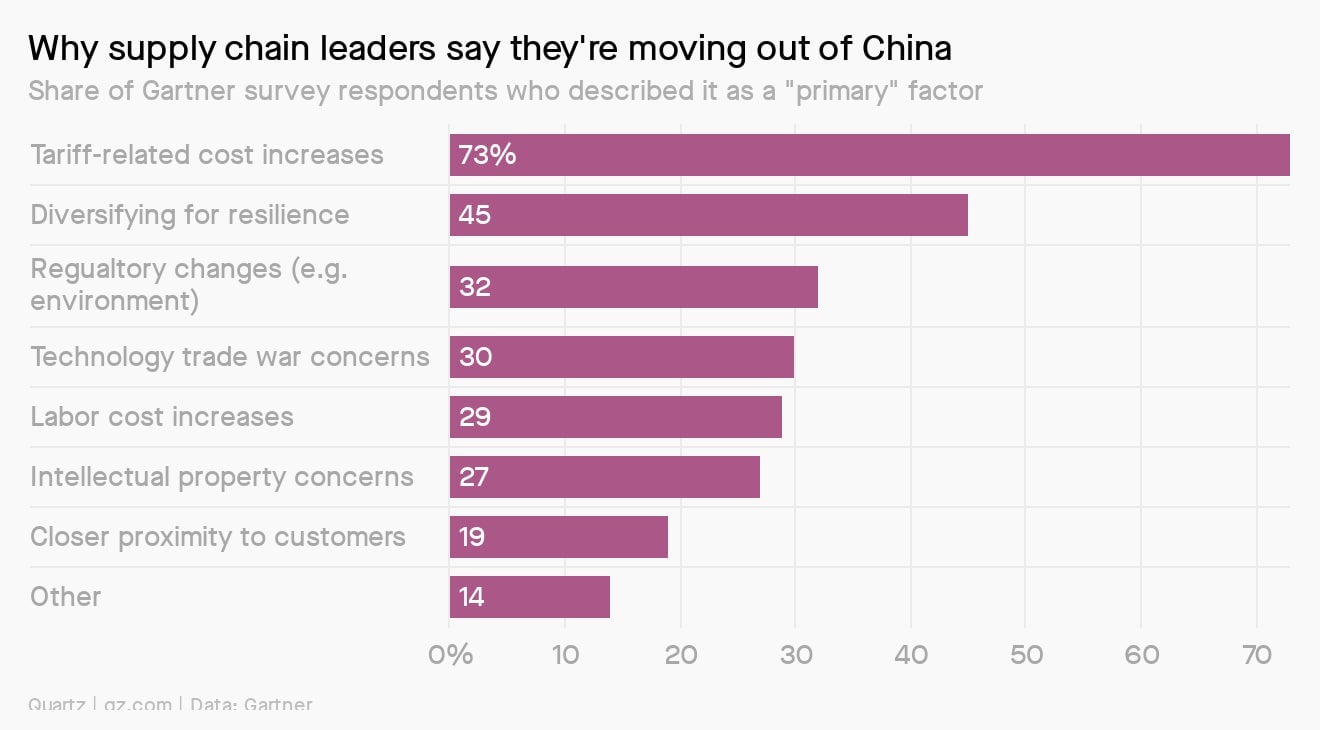China’s National Day, Google’s highs and lows, pneumatic trash collection
Good morning, Quartz readers!

Good morning, Quartz readers!
Here’s what you need to know
It’s China’s National Day. Last year, Hong Kong saw city-wide protests in a fierce repudiation of China, but this Oct. 1, any attempt at such defiance could land protesters in jail for years under the city’s sweeping new national security law. Golden Week is shaping up to be a good one for tourism, as those tired of being cooped up are booking “revenge travel” around China.
Google is up against some potential antitrust litigation… At the urging of Huawei, China is gearing up to probe the company’s use of Android to eclipse the competition, Reuters reports. A formal investigation could further erode relations between China and the US, whose justice department is taking aim at Google with an antitrust lawsuit of its own.
…but that’s not stopping it from releasing new products. The Pixel 5 lacks some of the features of a premium Android phone and is meant to provide a cheaper alternative to the iPhone. ”Cheaper” doesn’t mean “cheap,” though—the Pixel 5 will still set you back $700. Google also announced Chromecast with Google TV and, in bittersweet news for some, free Meets calls over 60 minutes for the next year.
Japan will hand out free coronavirus vaccines for all citizens. The government will spend ¥670 billion ($6.35 billion) on procuring doses from both inside and outside the country, with the hope that a free vaccine will tempt people to vaccinate early. Of course, a Covid-19 vaccine will have to become available first.
In North America, economic news was mixed. Though private companies in the US added 749,000 jobs in September and private home sales hit record highs in August, the country’s gross domestic product took a big hit. Canada’s GDP, however, grew in both July and August, but colder weather’s effect on coronavirus spread could put a damper on the progress.
Checking in on corporate responsibility
The role of commercial enterprises in society is changing, and so are the motivations of entrepreneurs and employees as they make decisions about why and where to work. Here’s what we’re tracking now:
- Be greenwashed no more. Calling BS on corporate climate pledges is easy, once you know what to look for.
- One giant step back for womankind. Companies are losing females, who are disproportionately saddled with childcare during the pandemic.
- Coming down on the pipeline. Wells Fargo’s CEO faced criticism for comments about talent pool diversity, but saying the pipeline is plenty diverse would have been worse.
- Corporate denial of responsibility. And then there’s Coinbase, which has squelched all activism in favor of productivity.
Charting stockholdings of the wealthy
Rich people hold more stocks than ever. The average stock holdings held by the top 10% of Americans grew by an estimated $67,000 between 2016-2019—an increase greater than the US median household income. While that gain was not huge by historical standards, it was a much better showing than other groups were able to pull off.
The average amount held by all other income levels barely budged from 2016 to 2019, according to new data from the US Federal Reserve, except for the average estimated stock holdings of the least wealthy 25%, which actually went down in value in 2019.

ONBOARDING, 17TH-CENTURY STYLE

The Hudson Bay Company, founded in 1670, was a pioneer of early employee onboarding. The process took place, quite literally, on board a ship transporting employees across the Atlantic to Hudson Bay in Canada.
The company helped create its organizational culture by treating British employees bound for North America to elaborate send-offs, including a farewell breakfast and cannon salute. While sailing, new recruits were encouraged to talk to and learn from their colleagues, and get a sense of life working for the company. A formal ceremony then took place upon arrival, along with an introduction to the rules and ranks of the company.
This intense process, in addition to careful recruitment and management training, helped the company establish norms, build bonds, and face challenges that are remarkably similar to challenges we face today. Read more in our field guide to the virtual, borderless team.
✦ Hop aboard our team and become a Quartz member today. You’ll get a paywall-free experience, plus member exclusives like our field guides, presentations, events, and more.
Obsession interlude: Borders
The global paradigm of supply chains built on complex networks of specialty producers worked fine during a time of free trade and increased globalism.
Now that there’s more friction between borders, companies are adapting. A recent survey of 260 global supply chain leaders found that 33% had already moved sourcing or manufacturing out of China or planned to do so within the next three years.

While China has an unparalleled manufacturing infrastructure, the costs of not diversifying are rising, and the incentives are great enough that governments are getting involved. Already, India and Japan have offered financial benefits to companies that move their manufacturing out of China.
Learn more about how trade carves new routes by checking out our Borders obsession.
Let’s discuss company culture
Go beyond virtual happy hours. Join us on Oct. 1 from 11am-12pm ET for our free virtual workshop about how to build company culture when everyone is remote. Our workshop brings together experts to provide advice on how to nurture workplace culture that goes deeper than just turning a happy hour into a video call.
We’re obsessed with Indian weddings

A bride walks in under a canopy of flowers to a song from her favorite Bollywood film, as drone cameras and videographers capture the moment in slow motion, from every possible angle. This scenario is par for the course for anyone who’s been to a wedding in India where ceremonies are as varied as the communities that host them.
Some are big, some are small, some are sparse, and some have guest lists in the thousands. In any case, the big fat Indian wedding has withstood the test of time, economic turbulence, social reform, and even modern technology, but can it withstand a pandemic?* Don your glitziest sari and load up Instagram,
.
Surprising discoveries
Sex doesn’t sell… New research out of Italy “questions sexualization as a useful marketing strategy.”
…but it can still make you ill… With medical labs bogged down by Covid-19, a new wave of at-home sexually transmitted infection test kits are hitting the market.
…and while your mind is in the gutter… Long overdue for an update, city trash collection could become a system of pneumatic tubes.
…OK, back to work. The answer to re-populating office buildings could be a new QR code-based coronavirus passport.
Now clock out and have a cold one. A cold can of Liquid Death heavy-metal branded water, that is—the trendy tallboys for teetotalers just raised a fresh $21 million funding round.
Our best wishes for a productive day. Please send any news, comments, scary waters, and Hudson Bay office stories to [email protected]. Get the most out of Quartz by downloading our iOS app and becoming a member. Today’s Daily Brief was brought to you by Jackie Bischof, Karen K. Ho, Marc Bain, Susan Howson, and Max Lockie.